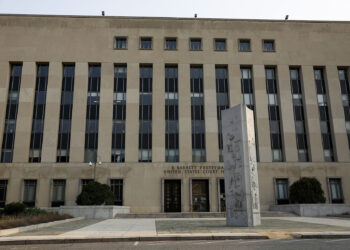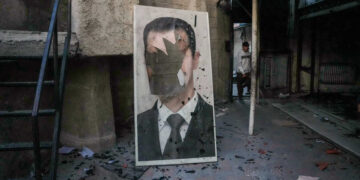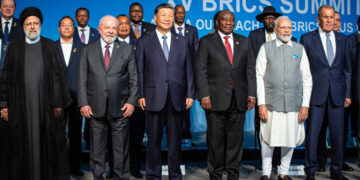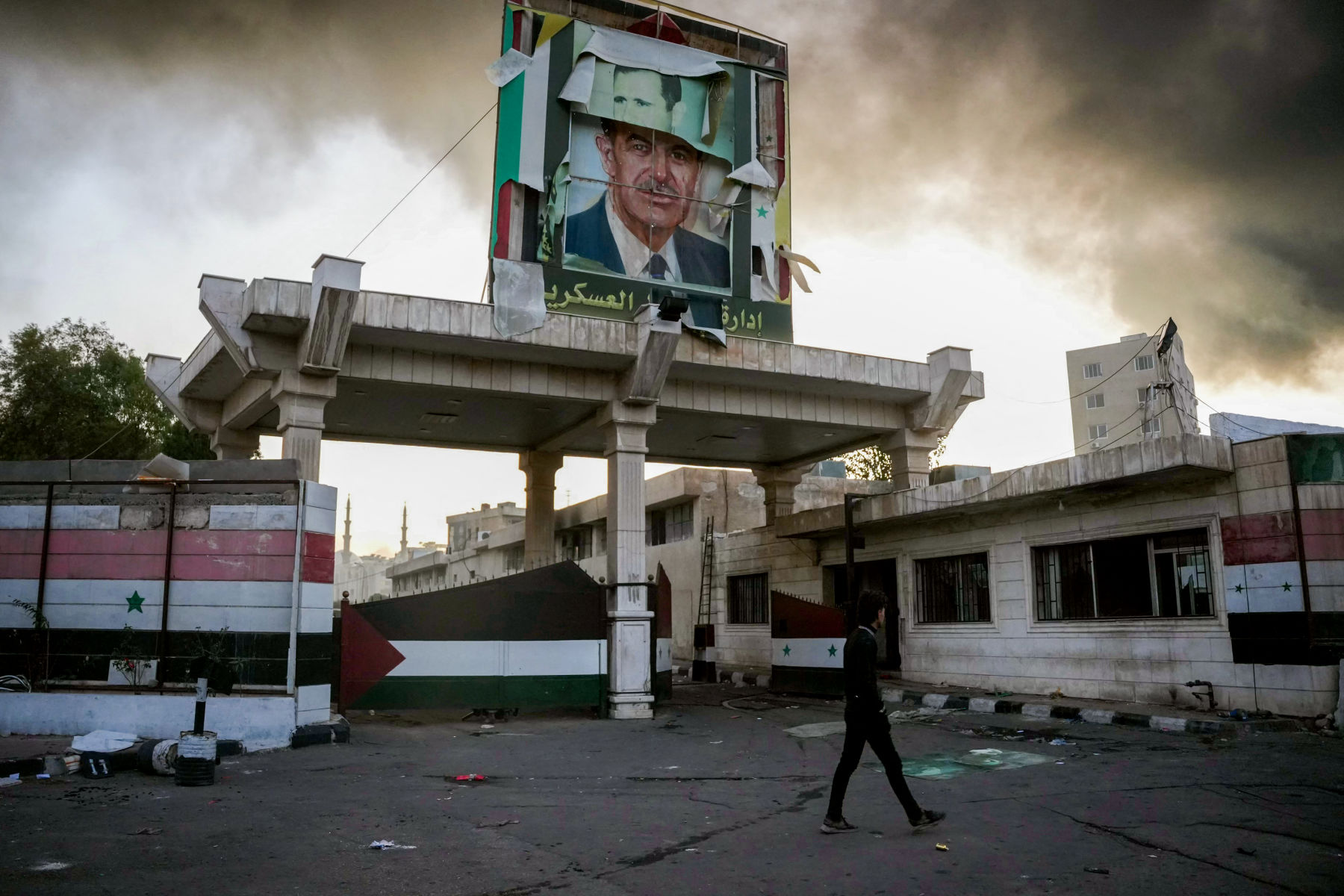Elie Salem is an Advocacy Intern at DAWN and an undergraduate student at Harvard.
In a year characterized by financial collapse, a public health emergency and massive political unrest, the decline of free speech rights in Lebanon has unsurprisingly gone overlooked. Yet a country that once championed the most open media environment in the Middle East has taken a dangerous step toward dictatorship, escalating its use of judicial and extrajudicial tactics to muzzle journalists and other voices critical of the government. Both government agents and non-state actors have violently attacked journalists with impunity. Reporters who used to tirelessly investigate the roots of various government failures, or openly criticize leading public figures on television, now operate in a culture of fear and intimidation, with some forced into ominous silence.
Last year, Lebanon saw a stunning 193 violations of freedom of expression, the majority of which were assaults on journalists by non-state actors and Lebanese security forces, according to a report by the Samir Kassir Foundation's SKeyes Center for Media and Cultural Freedom in Beirut. In the five months before the COVID-19 pandemic, when reporters were more active ahead of lockdowns, there were 202 violations. Over that period, there was an average of 23 assaults on journalists a month, and seven "legal actions" taken by the state to censor or target journalists.
The violations are part of a deliberate government campaign to curb free speech rights. Draconian, unenforced legislation surrounding freedom of expression—such as the 1962 Press Law that prohibits the media from publishing anything "that endangers national security […] national unity […] or that insults high-ranking Lebanese officials […] or a foreign head of State"—are getting new life. In June of last year, Lebanon's public prosecutor, Ghassan Oueidat, promised to criminally prosecute critics of President Michel Aoun.
Lebanon's democracy, which through civil war and seemingly perpetual crisis always served as a beacon of hope to exiled revolutionaries from across the Arab world, is in critical condition.
- Elie Salem
This decline in free speech rights has a few major implications for Lebanon. First, it demonstrates that the judiciary and the public prosecutor's office have been dangerously subsumed into the government's security apparatus. The systematic harassment and arrests of journalists depend on a pipeline of corrupt security officers, prosecutors and judges willing to do the bidding of the country's entrenched political elite. Second, it indicates that Lebanon's democracy, which through civil war and seemingly perpetual crisis always served as a beacon of hope to exiled revolutionaries from across the Arab world, is in critical condition.
Unlike other Arab states, where censorship comes directly from the state, the fractured nature of Lebanese politics creates a jungle-like environment of media repression. Sometimes, it is the judiciary or state security forces harassing reporters; other times, it is a militia or other non-state actor. In 2018, for example, a military court sentenced prominent Hezbollah critic Hanin Ghaddar, a journalist based in the United States, to six months in prison in absentia for comments deemed to be "undermining the Lebanese army"—further exposing Hezbollah's malignant influence on Lebanese politics. Then, this past February, another prominent Hezbollah critic, Lokman Slim, was assassinated in Beirut, and the militant group exerted its political clout to ensure that no real investigation was held.
Lebanese journalists are forced to walk a terrifying tightrope. On one hand, they have the platform to speak honestly about the powers that be, as Lebanese media is crowded with various partisan supporters angrily duking it out. But they must also confront the dizzying depth below: the risk of arrest, or, more likely, violence and even assassination. The vague threats of punishment force journalists and other commentators to gamble with their lives, unsure of whether a controversial article or talking point may be their last. As a result, many reporters and activists choose to back away from harsh stories and stances, like criticism of Aoun or Hezbollah.
The crackdown on free speech reflects the desperation of the country's political elite. Figures like Aoun, who styles himself as both the protector of Lebanon's Christians and a national symbol beyond reproach, are scrambling to repair political reputations decimated by Lebanon's economic and political collapse on their watch. Free speech restrictions first took off in 2015, the year that a notorious garbage crisis exploded in Beirut, as political figures faced a public backlash for their inability to deal with the mountains of trash piling up in the streets. In the following three years, the number of violations of freedom of expression more than tripled.
State harassment of journalists and media outlets is aided by public perception of the media. Nearly half of all media organizations in Lebanon have a member of the ruling elite on their board, and many stations—such as Aoun's OTV, Saad Hariri's Future TV, or Hezbollah's al-Manar—are shamelessly founded and run by the politicians themselves. Therefore, most Lebanese don't necessarily view the media as independent, with critical civic functions, but instead as a vehicle for the political elite. It can often look like just another industry, like the gasoline or electricity sector, controlled by crooked public figures for their own self-interest.
This crackdown on free speech has helped give rise to the growing hopelessness of many Lebanese—a feeling that men like Hariri and Aoun own the state and will only be brought down by fury and force.
- Elie Salem
This dangerous undercurrent of anti-media sentiment limits support for journalists in Lebanon, as it does in other Arab countries. Many Lebanese believe that exposing certain realities, like government failure in the garbage crisis or devastating port explosion, or the waves of angry protests over the past two years, runs the risk of reducing tourism or demonizing demonstrators. The partisan Lebanese media—which often does falsely portray protesters as Western agents or, depending on which sectarian group runs things, Iranian sympathizers—further contributes to this sense of distrust.
The impact on Lebanese democracy is clear and devastating. The state has seized new powers over freedom of expression that it is unlikely to ever relinquish—a situation that non-state actors, particularly Hezbollah, no doubt prefer, since it means fewer and fewer journalists scrutinizing and exposing their activities. As Human Rights Watch's Aya Majzoub put it, "At the end of the day, Lebanon needs to decide what kind of country it wants to be: one that like some others in the region controls and dictates public discourse, or a beacon of tolerance and a center for lively debate and discussion."
Ultimately, this crackdown on free speech has helped give rise to the growing hopelessness of many Lebanese—a feeling that men like Hariri, Aoun and his son-in-law, Gebran Bassil, who has future presidential ambitions too, own the state and will only be brought down by fury and force. It has turned a fitful but also once hopeful democratic struggle into an authoritarian contest, where the state toils not for its citizens but for the unjust benefit of oligarchs and a corrupt political class hell-bent on its own survival, no matter the cost.
![]()





































